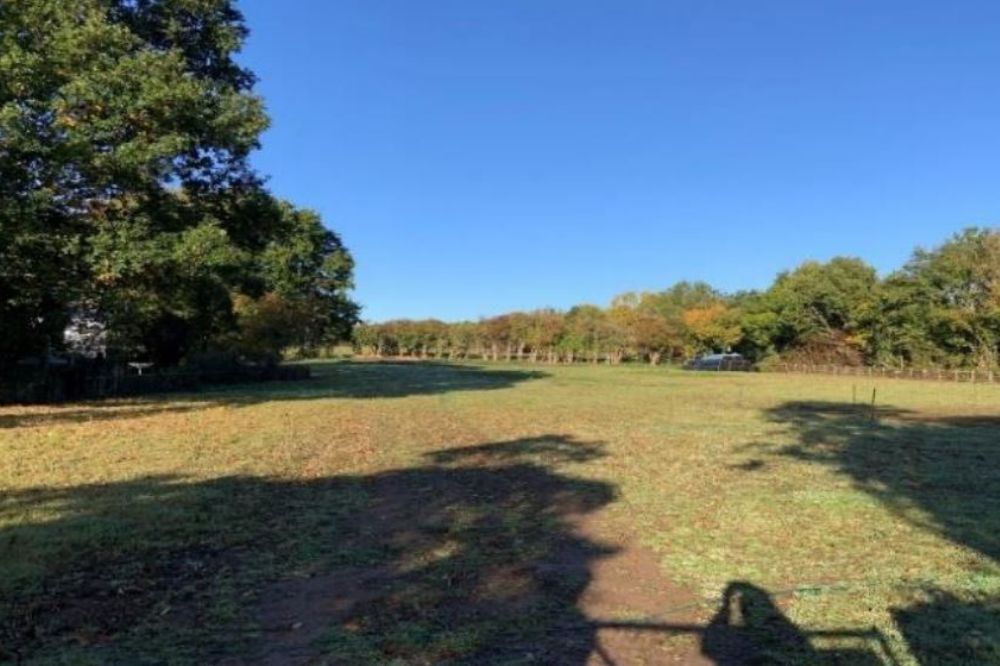Welsh council set to respond to rejection of Gypsy Traveller site plans

A Welsh council is set to respond to the rejection of its plans for potential Gypsy Traveller sites next week – when it had been due to make a decision.
Monmouthshire County Council had drawn up a shortlist of four plots of land, and the possibility of a fifth subject to further investigation, but its People Scrutiny Committee said it couldn’t back any of the locations following a four hour meeting this week.
Cllr Sara Burch, who is the Labour cabinet member responsible for housing, was asked for an update at the council’s full meeting on July 20 – just a day after the plans were rejected by the scrutiny committee.
Conservative opposition leader Richard John, who represents Mitchell Troy, where two potential sites have been identified, said he supported the ambition of providing sites which were successful both for the council and the people living at them.
But he said as the cabinet member had said she would be “guided” by the scrutiny committee he wanted to know if she would reconsider a recommendation to the cabinet it consult on the four sites, or withdraw the paper when the council meets on Wednesday, July 26.
The report to the cabinet was published a day before the scrutiny committee met, which was previously criticised by Cllr John.
Cllr Burch, who represents the Cantref ward, said she is “considering” the feedback from the committee meeting, which also featured contributions from local residents who live near the potential sites, and discussing that with council officers and cabinet members.
She said: “I will make a further announcement at the cabinet meeting next week.”
Challenge
Cllr Burch had also said she was “greatly heartened by the constructive criticism” from the scrutiny meeting because “the challenge was not to the principle of providing sites, but because the sites were not considered good enough, and the process was not sufficient, in putting the people who will live on those sites at the heart of the decision making.”
She added the council has a duty to assess the need for Gypsy Traveller sites in the county during the lifetime of its planning blueprint, the Local Development Plan, which sets out where new developments should take place up until 2033.
That has identified a need for 13 pitches to meet local demand and the council had proposed sites – all on land it owns – at Rocklea and Garthi Close/Garrow Road on Mitchel Troy Common; Manson Heights, Monmouth; and Langley Close near to the M4 motorway in Magor. Land west of Dancing Hill, Undy could also recommended for consideration subject to further investigation.
The cabinet could recommend a public consultation is held on those sites over August and September and that they are then included in the draft Local Development Plan which will be subject to a full public consultation in spring 2024.
The council has also repeated its call for private landowners to contact it if they have land they would like to be considered as suitable for a potential Gypsy Traveller sites as well as for suggestions from the travelling community.
Support our Nation today
For the price of a cup of coffee a month you can help us create an independent, not-for-profit, national news service for the people of Wales, by the people of Wales.







I doubt it matters much…the Westminster Tories and their anti-freedom legislation has all but made being a Traveller illegal, because Westminster is a racist institution, a fascist institution and the Tories and Kier Starmer’s Labour love that and it is the shame of Cymru that we are STILL tied to its evil.
The so-called traveller problem is part of the general problem of poverty and deprivation. It arises from the fact that, in the last thousand years, a powerful few have stolen the land from everyone else and that the people who have inherited land-owning privileges see no reason to compensate the dispossessed.